The Olympics is one of the most-followed sporting events in the world, with the last 2020 edition in Tokyo, Japan, watched by approximately three billion people. The tournament traces its origin to the ancient religious festivals in Greece over 3,000 years ago.
Initial Olympic games ran from 776 B.C.E to 393 C.E when Emperor Theodosius I banned every pagan festival in an attempt to make Christianity the predominant Roman Empire religion.
In 1896, Athens hosted the first modern Olympics which has evolved over the years to become a global sporting event. Most games in today’s Olympics were not found in the original Greek events.
Authors have written numerous books to explain the origin and evolution of the Olympics games to help followers understand the event better. We have compiled five must-read books to enrich your knowledge of the history and progress of the Olympics.
The Ancient Olympics by Nigel Spivey
If you want to understand the nature of the original Olympic Games, this book by Spivey is a must-read. The book lays bare the type of games played and how they were played in ancient times. According to Spivey, there was little or no regard for players’ safety, with victory coming at a high cost.
The games were brutal, cruel, and full of blood where to become a winner, you had to fight your opponent as a matter of life and death.
Cheating and bribery to officials were also rampant, with otherwise peaceful games turning into violent contests. Spivey equates ancient Olympic Games to army battles where injuries or death to the enemy is the norm.
The Naked Olympics by Tony Perrottet
This book also explains the atmosphere of the ancient and the types of games played – chariot racing, javelin throwing, and tent events, among others. Perrottet brings out the mood of the event and the behavior of the players and fans.
The book also covers some of the scandals involving pioneer athletes. Reading the book will help you understand the activities of the original event and compare it with the modern-day Olympics as depicted in the svensk os guide. It also teaches about the history of ancient Greece.
The Boys in the Boat – Daniel James Brown
Winning at the Olympics does not come through sheer luck. It is a result of hard work and determination. Some games require teamwork to succeed, while others involve overcoming massive obstacles.
The story of the University of Washington’s team, as narrated by Daniel James Brown, is a real example of how athletes overcome the odds to win at the Olympics. The eight boys from humble backgrounds whose parents were farmers, shipyard workers, and loggers formed a rowing team and triumphed at the 1936 Berlin Olympics.
Few expected the boys to win the gold at these Olympics, considering the quality of their opponents, including Great Britain and Germany.
One of the team members, Joe Rantz had no family or anything to hold on to and used the sport to row his life to prosperity. The author demonstrates how players use sports to bag unforgettable achievements and get find their purpose on Earth.
Fire on the Track – Roseanne Montillo
Women have played a great role in the growth and evolution of the Olympics tournament. Many have created their name globally thanks to their Olympic triumphs.
The 1928 Amsterdam Olympics opened the game to compete for the first time at track and field events. This set the stage for 16-year-old American Betty Robinson to win the 100-meter gold medal in a world record time of 12.2 seconds.
Betty won another gold medal at the 1936 Berlin Olympics despite being out of competitive sports for several years after a near-fatal crash in 1931. She laid the foundation for women to shine in sports giving rise to many superstars.
The book analyzes the contribution of Betty Robinson and other women to the growth and advancement of the Olympics tournament.
Power Games – Jules Boykoff
The author Jules Boykoff was a soccer player who played for the U.S. team at the Olympics. He explains how politics have influenced the Olympics games over the years.
Many countries used the 1936 Berlin Olympics to debunk Hitler’s myth of Nazi superiority. Every win by other countries was proof that Hitler’s assertions were lies.
Read any of the above books if you want a better understanding of the Olympics.

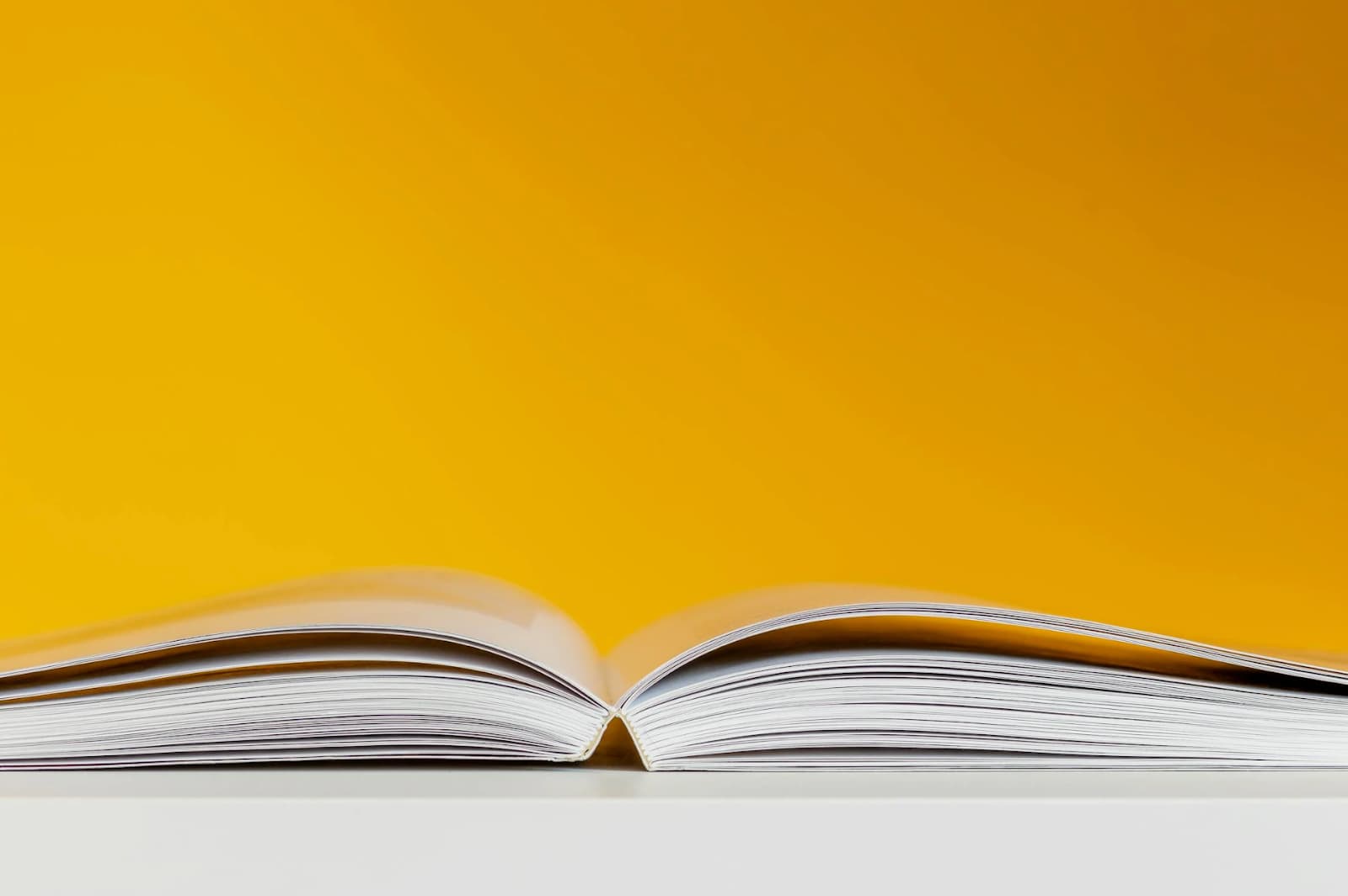
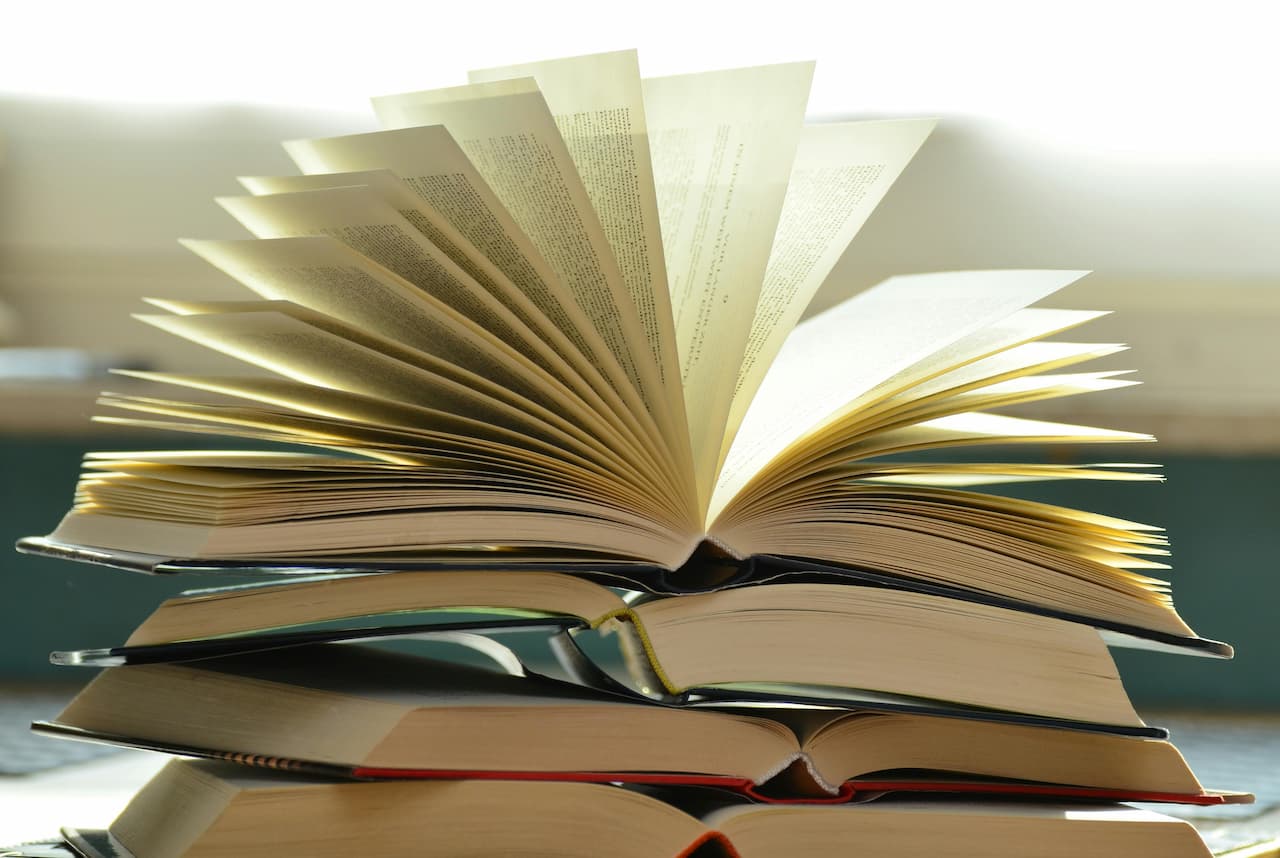




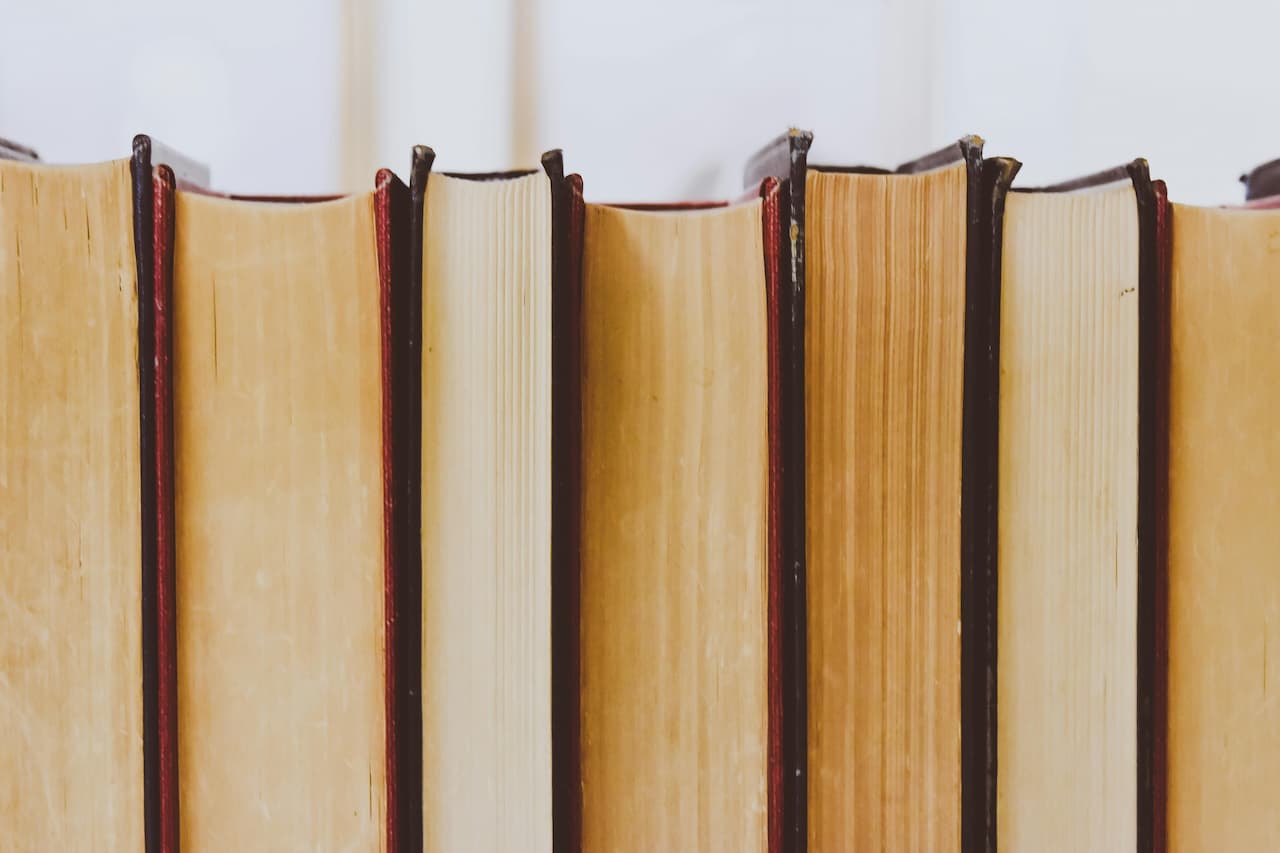

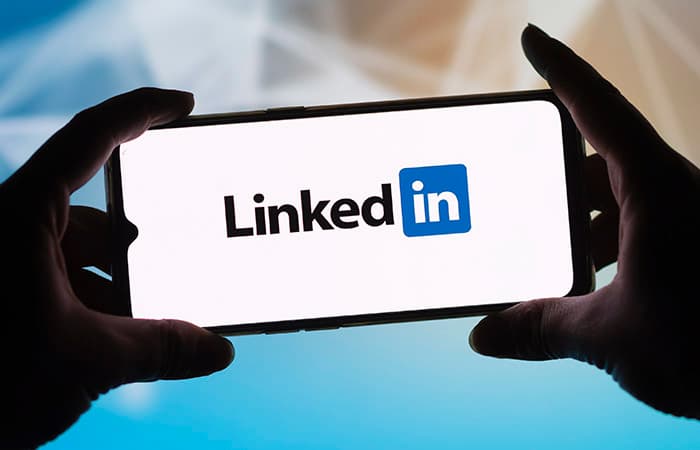


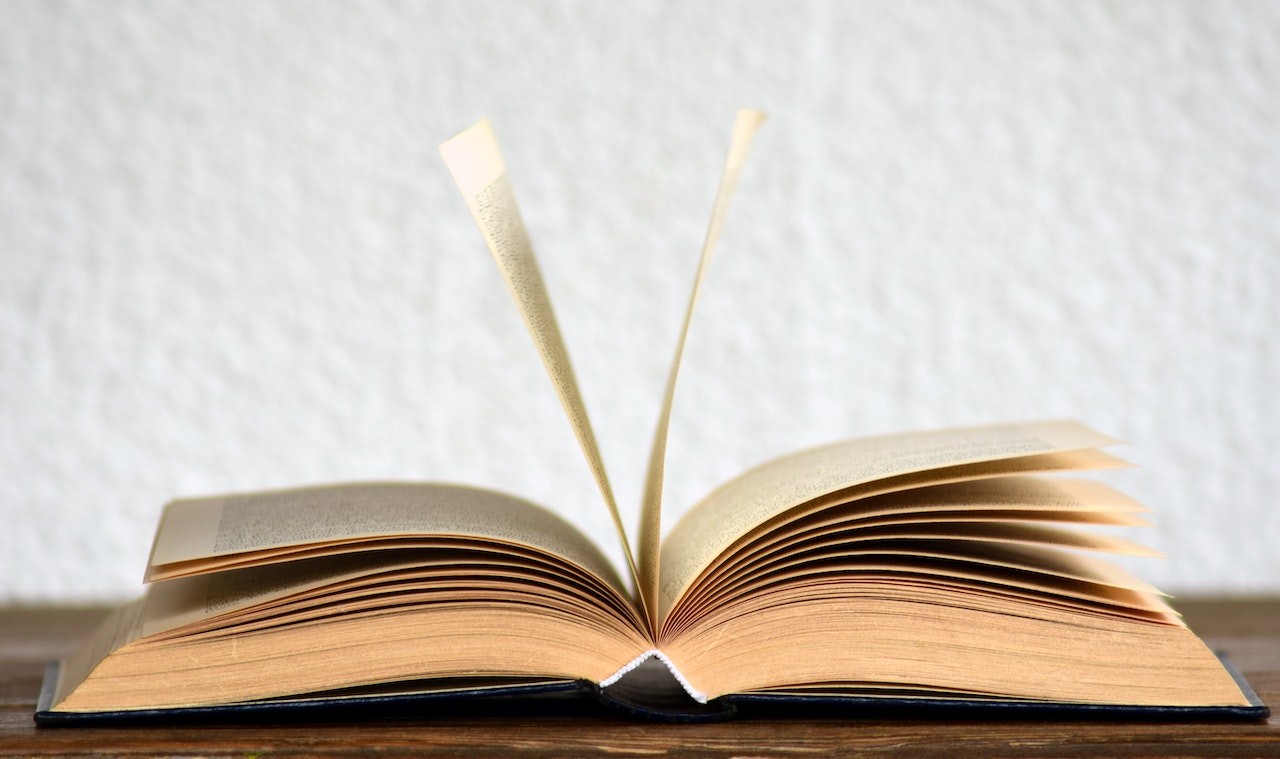
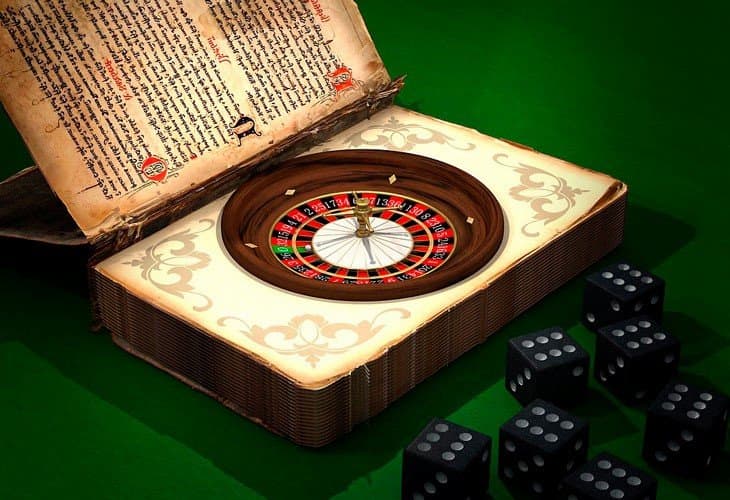





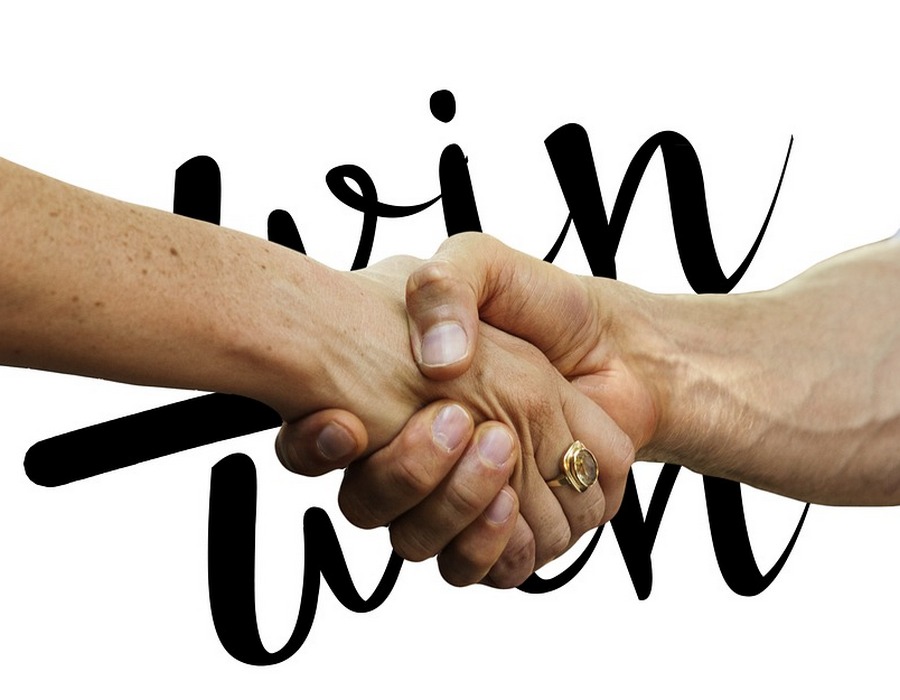


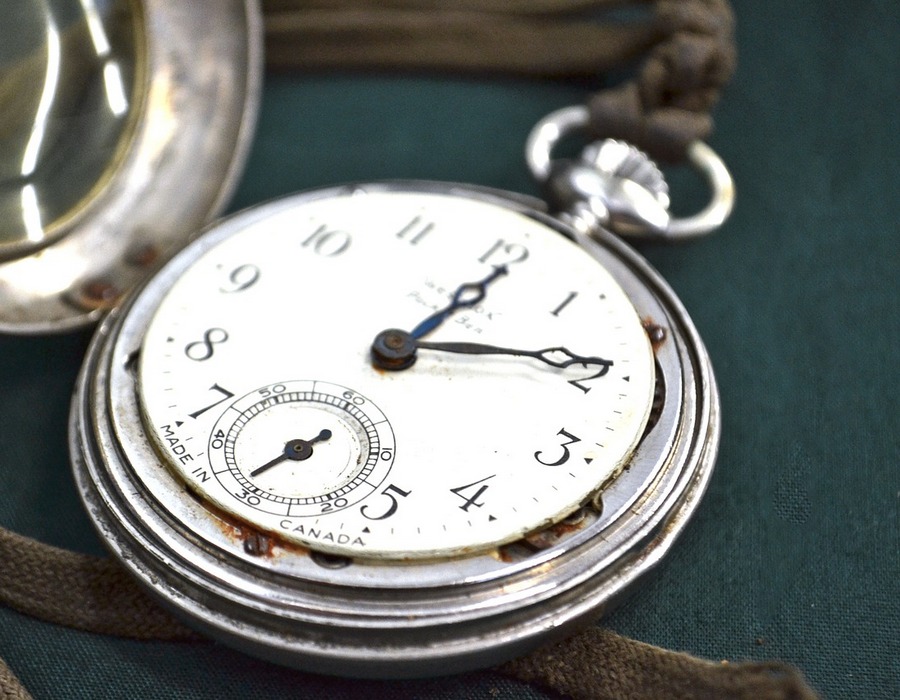


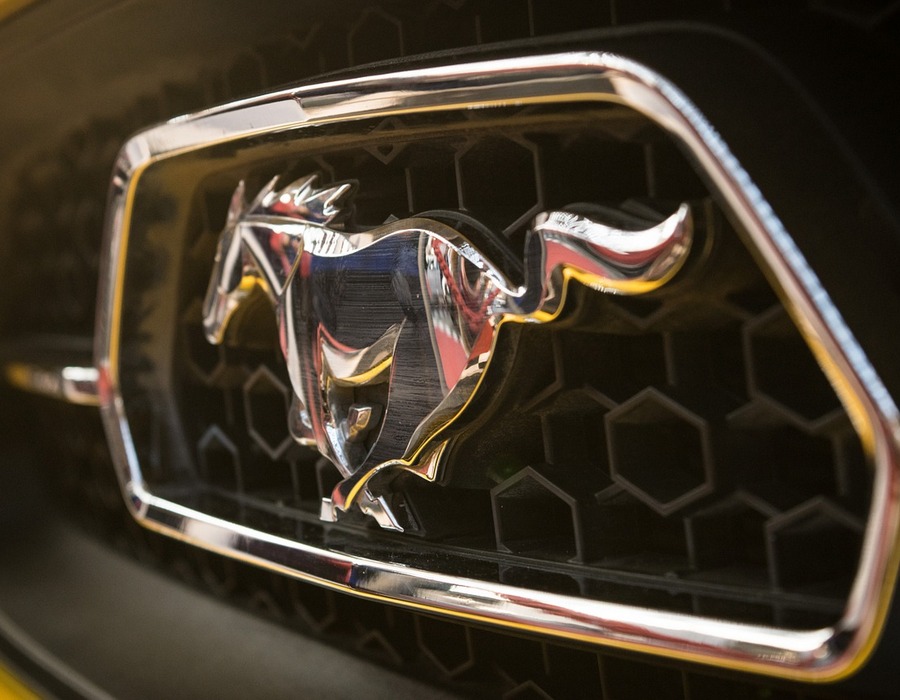

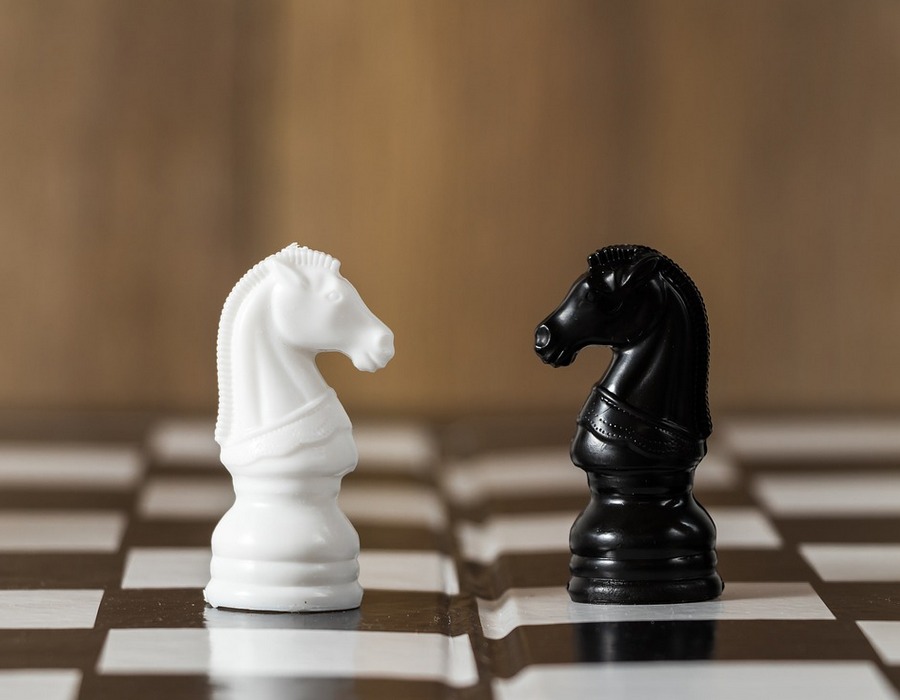


0